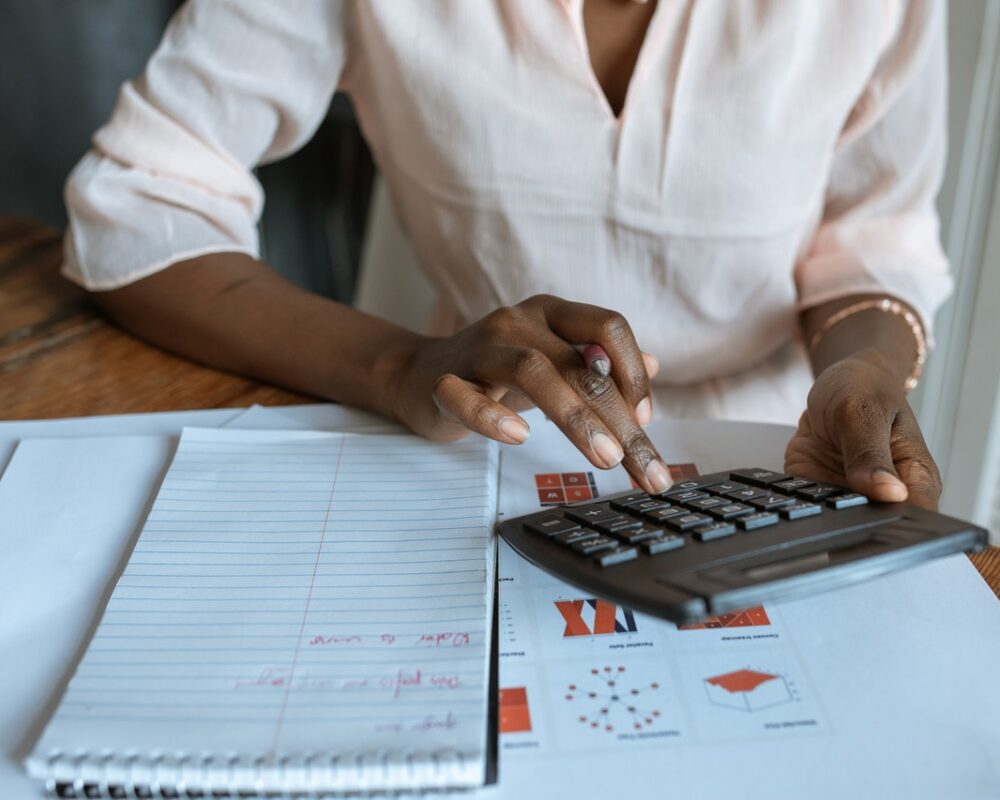While landlords are not legally required to take a deposit, it is incredibly rare to find a landlord who will not ask for one.
Deposits provide protection for landlords so they will often insist on receiving one. However, some landlords may choose to accept zero deposit if they do not want to go through the process of protecting it. Note, it is a legal requirement as of 1 April 2019 for any assured shorthold tenancy.
Can a landlord ask for a 2-month deposit?
Since the Tenant Fees Act 2019, landlords can take up to five weeks’ worth of rent for assured shorthold tenancies where the annual rent is less than £50,000. If the annual rent exceeds £50,000, the maximum deposit a landlord can ask for is six weeks’ worth of rent.
Typically though, the deposit amount will consist of around one months’ worth of rent. This is to protect landlords from tenants who leave without paying their final instalment of rent or if landlords need to make any charges for damages to their property.
Can landlords take money from the deposit?
Although the landlord has the right to deduct money from this lump sum, the deposit still legally belongs to you and landlords should only withdraw money from the deposit after giving you notice and if there are qualifying circumstances that have been met.
These circumstances most often include: having to clean the property, having to repair or replace items from the inventory, or claiming any unpaid rent.
However, the power regarding charges to the deposit does not lie just with the landlord, as through the tenancy deposit schemes all tenants have access to a free service where they themselves can initiate a resolution for deposit disputes with landlords.
See our blog on what your landlord can charge you for to find more information about deposit deductions.

Do landlords have to protect a deposit?
All landlords in England have to protect deposits for assured shorthold tenancies with a rent of up to £100,000 a year into an authorised tenancy deposit protection scheme within 30 days of receiving the deposit.
There are currently three Government authorised tenancy deposit schemes for landlords to choose from: Deposit Protection Service (DPS), Tenancy Deposit Scheme (TDS), and MyDeposits.
When the deposit has been received by one of the schemes, the landlord must then provide their tenants with information of their chosen tenancy deposit scheme, called prescribed information, within those same 30 days.

What types of deposit protection services are there?
There are two services a landlord can use to protect their tenants’ deposit, that all three tenancy deposit protection schemes offer: a Custodial scheme or an Insurance Backed scheme.
Custodial schemes are free to use for the landlord. They require the landlord to transfer the deposit to them which they then store for the rest of the tenancy. If there are disputes from either party regarding the deposit, they will adjudicate the disputes and transfer the qualifying sums to both parties. These schemes are supported by earning interest on the deposits that they collect.
Insurance Backed schemes require the landlord to pay an upfront fee to use the scheme. Following that payment the landlord can keep the deposit in their possession. Disputes at the end of the tenancy are settled by the scheme and then an amount up to the total sum is requested from the landlord. These schemes are insured to protect tenants from landlords who fail to repay.
You will know what scheme your deposit is protected under when you receive your signed prescribed information from your landlord.
Learn more about how our solicitors in Southport and Liverpool can help you.
How do I know if my deposit is protected?
You should have received your prescribed information informing you of what tenancy deposit scheme your landlord has used. If not, then your landlord may either have not protected your deposit or they may have just forgot to give you the prescribed information.
The first thing you should do is contact your landlord or letting agent and ask for confirmation that your deposit is protected as it should be.
If you get no response, then you can visit the tenancy deposit protection scheme websites and enter your details. If you get no match on any of them, then your landlord has likely not protected your deposit as they should have.

What do I do if my deposit isn’t protected?
If you suspect that your landlord may not have protected your deposit, or if you have not received your prescribed information, then do not panic because you will still be able to get your deposit back.
Your landlord has 30 days from when you paid the deposit for it to be protected, so if you are within this time frame then get in touch with your landlord or letting agent and remind them that your deposit must be protected.
If the 30 days have passed and your landlord refuses to put your deposit into a tenancy deposit protection scheme then you can take them to court where they will ask your landlord to either return the deposit to you or pay your deposit into a tenancy deposit scheme.
Is it illegal to not protect a deposit?
If you have an assured shorthold tenancy agreement, then yes, it is illegal for a landlord to not protect a tenant’s deposit.
If you have any other type of tenancy agreement, such as assured or protected tenancies, or if you are a student or a lodger, then your deposit does not have to be protected.
Can I sue my landlord for not protecting my deposit?
You may be entitled to compensation for no less than your original deposit amount or no more than triple your original deposit amount.
You should write to your landlord first explaining to them the situation and the potential repercussions if they do not protect your deposit, but if they do not reply then you have the right to seek compensation through the courts.
How long does a landlord have to return a deposit?
Once you and your landlord are agreed on any charges that will be coming out of the deposit, you should receive the agreed amount back within 10 days.
What should I do if my landlord doesn’t return my deposit?
If you have not received your deposit within 10 days of vacating the property and agreeing with your landlord on any charges that will be made, then you should first try to contact the landlord or letting agent and remind them that you have not received your deposit.
If you receive no response or waiting for payment continues to drag on then you can take it up directly with your tenancy deposit scheme using the details from your prescribed information package.

How do I get my deposit back?
At the end of your tenancy, some landlords will start the deposit return process by themselves, if not then you will need to contact your landlord and ask for your deposit to be returned.
If you have no rent arrears and have left the property undamaged and as you found it then you should expect for the whole deposit to be returned to you.
Can I be evicted if my deposit is not protected?
You have a safety net from eviction if your landlord has not protected your deposit. A landlord cannot evict you via a Section 21 notice if your deposit has not been protected or if they have not provided you with signed prescribed information. However, once your deposit has been protected or they provide the prescribed information a Section 21 notice can be served.
Find this article helpful? Learn more from our legal professionals.
